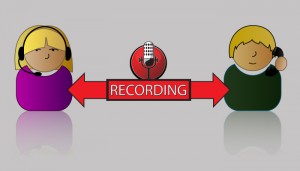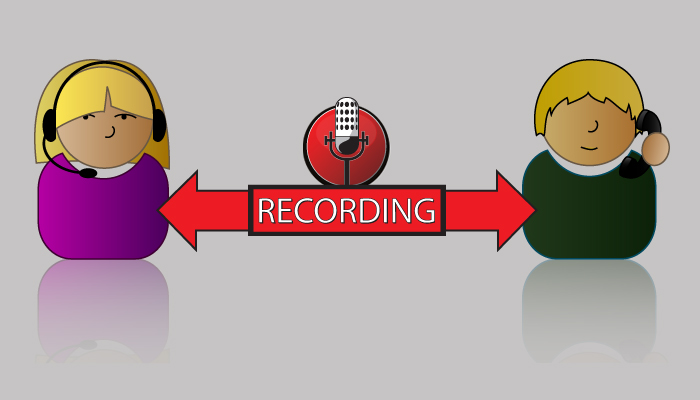 In a recent announcement, it was shown that the National Security Association (NSA) has been “secretly” obtaining private information via Verizon Wireless. With permission through something known as “the blanket order,” Verizon has been handing over a variety of call-related data, such as call lengths, locations, and other unique identifiers.
In a recent announcement, it was shown that the National Security Association (NSA) has been “secretly” obtaining private information via Verizon Wireless. With permission through something known as “the blanket order,” Verizon has been handing over a variety of call-related data, such as call lengths, locations, and other unique identifiers.
As of yet, it’s stated that the calls themselves are not being recorded; the public is turning an angry eye toward both Verizon and the government for this invasion of privacy.
But is this really such a shock? How many of us read those fine-print contracts wireless providers require to be signed? Companies are legally allowed to do a number of questionable practices, data collection included.
As the saying goes, “knowledge is power,” and it seems as though the government is willing to go to extreme lengths to get it. Ages, races, and other target demographics can be reached with the right info, and obtaining said facts is the first step in expanding political popularity. Other non-surprise factors include every political movie ever, which almost always host a widespread privacy invasion. Not to mention the ease in which spying can be done these days. There are practically invisible recording devices, and even lasers that can detect conversations by measuring window vibrations.
In this case, however, the victims of surveillance just happened to be the owners of the recording devices.
What’s Next?
While it’s likely Verizon will suffer some serious image backlash (like we needed another reason to hate the 4G-pushing giant), the information they’ve collected is already obtained. It’s also likely that the information collection will continue, whether or not the public is ok with it.
But what else can be released? Are there other networks doing the same recording and sharing practices? Are calls actually being recorded – stored and listed to for terrorist-like activity by some full-time operators? Or is this simply as “harmless” as it seems from the outside looking in?
While it’s unclear as to why the government wants to know why you made a 90-second call at Burger King May 4th, or how often you travel away from home on calls, the consensus remains that the compilation is mega creepy. A surprise, perhaps not, but a definite invasion of citizens’ privacy.
That just leads us to ask: what other data is the government collecting through our personal electronic devices?


Leave a Reply
You must be logged in to post a comment.